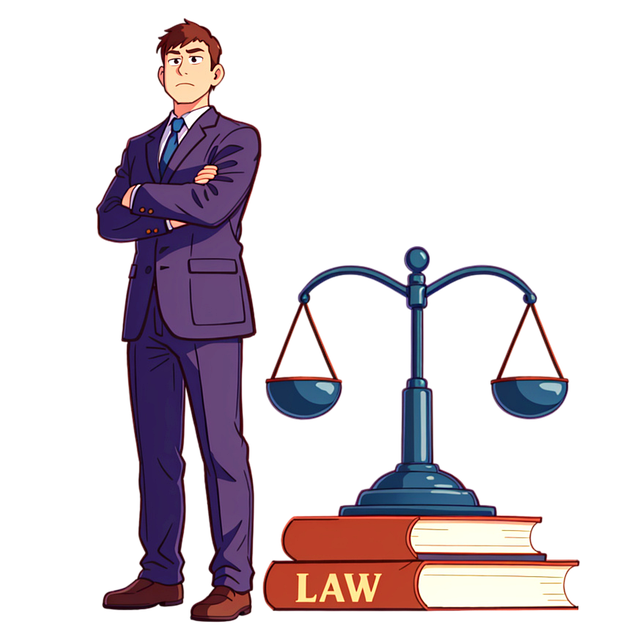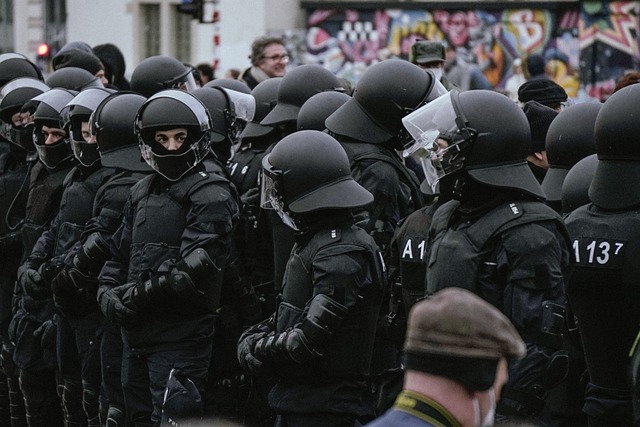Navigating complex Challenges Faced During Jury Selection in criminal law requires understanding juror biases and employing strategic tools like questionnaires and peremptory challenges to ensure fair trials. Media coverage impacts impartiality, making it crucial to educate jurors about case backgrounds and nuances, especially in white-collar crimes. Diversity and representation face hurdles like implicit biases, necessitating inclusive practices for ethical, effective jury selection in high-stakes cases.
“In the intricate dance of criminal law, the jury selection process is a pivotal yet often overlooked component. This article delves into the multifaceted challenges faced during this crucial phase, exploring key issues such as bias in potential jurors, media influence, incomplete case background knowledge, diversity concerns, and balancing fairness with efficiency. By understanding these complexities, legal professionals can enhance their strategies, ensuring more equitable and effective criminal trials.”
- Understanding Bias and Preconceptions in Potential Jurors
- The Impact of Media Coverage on Jury Selection Process
- Addressing Inadequate Information About Case Backgrounds
- Ensuring Diversity and Representation During Jury Picking
- Balancing Fairness and Efficiency in Criminal Trials
Understanding Bias and Preconceptions in Potential Jurors

Understanding bias and preconceptions among potential jurors is a significant challenge faced during jury selection in criminal law cases. Jurors bring with them diverse life experiences, cultural backgrounds, and personal beliefs that can unconsciously influence their perception of evidence and decision-making process. This poses a considerable risk to ensuring a fair trial where the defendant receives a impartial judgment based solely on the facts presented.
Effective strategies to mitigate these biases are crucial for both prosecutors and criminal defense attorneys. This involves thorough juror questionnaires, careful consideration of potential challenges for cause, and peremptory challenges. By proactively addressing preconceptions, legal professionals can work towards selecting a jury that approaches each case with open minds, allowing for a more just outcome in even the most complex general criminal defense scenarios. Avoiding indictment ultimately hinges on recognizing and overcoming these inherent challenges during the initial selection phase.
The Impact of Media Coverage on Jury Selection Process

Media coverage plays a significant role in shaping public perception during criminal law cases, particularly when it comes to jury selection. While providing transparency and access to information, it also presents numerous challenges for the process. The extensive media attention can influence potential jurors’ unbiasedness, as they may form preconceived notions about the case, especially with the sensationalized coverage often associated with high-profile trials. This can lead to a challenge in finding impartial individuals who can set aside what they’ve seen or heard and make decisions solely based on the evidence presented in court.
Furthermore, specific types of cases, such as white-collar crimes, which often involve complex financial schemes and require an understanding of corporate structures, may be misrepresented by media narratives. The focus on dramatic elements, like avoiding indictment, can overshadow the nuances and lead to an unfair perception of the defendants, especially within the context of philanthropic and political communities where individuals might be held to different standards. As a result, jury selection becomes a delicate task, requiring careful consideration to ensure a fair and unprejudiced panel.
Addressing Inadequate Information About Case Backgrounds

One significant challenge in Criminal Law Cases is addressing inadequate information about case backgrounds during jury selection. Prospective jurors often lack detailed knowledge about the specifics of the case, leading to potential biases and misunderstandings. This creates a complex scenario for attorneys, who must navigate through a pool of jurors with varying levels of understanding and prejudices.
The complexities escalate when dealing with intricate matters such as white-collar and economic crimes, which frequently involve nuanced legal concepts and unprecedented track records. Effective jury trials demand a thorough understanding of these intricacies from the jurors. Overcoming this challenge requires attorneys to invest time in educating potential jurors about the case’s unique aspects, ensuring a fair trial process and an informed decision-making journey for the selected individuals.
Ensuring Diversity and Representation During Jury Picking

Ensuring diversity and representation during jury picking is a critical yet complex aspect of criminal law proceedings. The process of selecting a fair and unbiased jury faces numerous challenges, especially in high-stakes cases where the outcome can mean the difference between a conviction and a complete dismissal of all charges. These hurdles are exacerbated by systemic issues such as implicit biases and underrepresentation of certain demographics.
Judges and attorneys must be vigilant in overcoming these challenges to secure a truly representative jury. Strategies include employing inclusive language during voir dire, actively seeking diverse candidates, and implementing blind screening processes. An unprecedented track record of successful trials demonstrates the effectiveness of these approaches in promoting fairness and ensuring that all parties are represented equitably, fostering confidence in the justice system.
Balancing Fairness and Efficiency in Criminal Trials

In criminal trials, achieving a balance between fairness and efficiency presents a multifaceted challenge. As legal systems grapple with an ever-growing caseload, ensuring due process while expediting justice remains a delicate task. One critical aspect is jury selection, which can be both a cornerstone of a fair trial and a significant hurdle. The challenges faced during jury selection demand meticulous consideration to assemble a impartial and representative panel. In high-stakes cases, where an unprecedented track record of successful defenses or prosecutions is at stake, the pressure intensifies. Lawyers must navigate complex issues, including excluding biased jurors while ensuring diversity and avoiding indictment based on perceived preconceptions. This delicate dance requires both strategic acumen and adherence to ethical standards to uphold the integrity of the criminal justice system.
The jury selection process, a cornerstone of criminal trials, faces numerous challenges. From bias and preconceptions among potential jurors to the impact of media coverage and inadequate case background information, each step demands careful navigation. Addressing these issues is crucial for ensuring diversity, representation, and fairness in the courtroom. By understanding these challenges and implementing strategies to overcome them, we can strive for more balanced and efficient criminal trials, upholding the integrity of our legal system.






